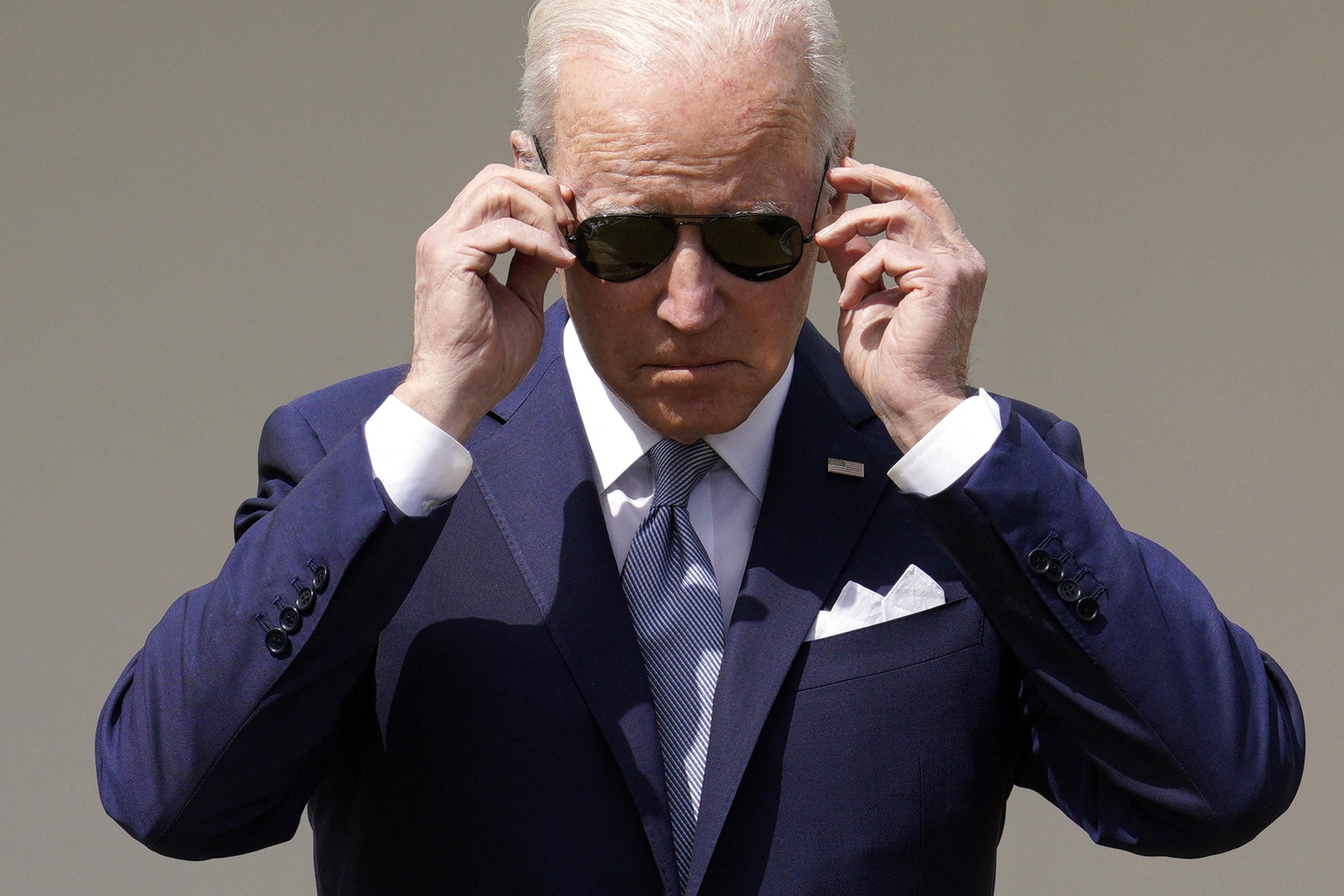April 12, 2022
Though the US response to Russia’s invasion of Ukraine has generated some rare opportunities for bipartisan agreement in Washington, it has not erased the deep divisions that define the current political landscape. After improving slightly at the beginning of the crisis, President Joe Biden’s approval ratings have sunk again, and Republicans do not seem to be paying a price for the pro-Russia comments of figures such as former president Donald Trump. We spoke with Eurasia Group analyst Clayton Allen for some insight on what these developments mean for this year’s midterm elections and beyond.
There's been surprising unity in Congress on Ukraine — can it last?
The image of unity is somewhat misleading. There is broad agreement between Democrats and Republicans that the US should be doing something to help Ukraine — perhaps more than it is — but there’s little consensus on what to do and when to do it. This often plays out as congressional Republicans attacking the White House, and by extension Democrats, most of whom back Biden’s approach. For Republicans, criticizing Biden’s foreign policy acumen undermines what he has touted as his greatest strength. However, debates over defense spending, US military force posture, and the role of multilateral global organizations mean that tactical disagreements may soon exacerbate policy divisions between the parties.
Moreover, the sheen of unity is dependent on the US steering clear of direct involvement in the conflict. If troop deployments or a no-fly zone become a realistic possibility, then divisions in Congress over US strategy will deepen.
Will Ukraine be a major theme in the midterms?
Put simply, voters care most about what affects them directly, so while Ukraine dominates the newspaper headlines, it does not dominate voters’ thinking about the November midterm elections. Voters care about foreign policy, to be certain, but not as much as they care about inflation, employment, where the economy is headed, or how to pay for healthcare or housing. On these pocketbook issues, Biden is underperforming, and Ukraine is not shaping up to be the issue that saves his party at the polls. The modest polling bump Biden got in the early days of the crisis has faded away, and there is little sign of a “rally around the flag” effect to boost him moving forward.
Mark Milley, chairman of the Joint Chiefs of Staff, has said the conflict in Ukraine will be “measured in years.” The longer it drags on, especially if it devolves into a bloody stalemate, the greater the political downside for Biden. With the US likely to maintain a position of avoiding direct conflict with Russia, the narrative will become one of an ineffective US response. The multiple US successes in managing the crisis may matter little in this context. Western alignment against Russia, increased NATO military cooperation, and a larger global leadership role for the US are all significant wins for the Biden administration. But they will do little to mitigate the negative news about the conflict or improve voter perceptions.
Biden personally exacerbates negative perceptions with his gaffes and missteps; they overshadow the fact that he’s doing a lot right and give the Republicans major openings to attack.
There are still some Putin-friendly voices in the Republican Party. Could this be an electoral liability for Republicans in 2022?
There are concerted efforts by Republican leaders to neutralize the (minority) of their members with sympathetic views toward Russia. A significant portion of elected Republicans adhere to the interventionist view that guided the party under Ronald Reagan and George W. Bush, and this traditional wing of the party is rallying to make a comeback.
Ultimately, the Ukraine issue is unlikely to cost Republicans much in the way of seats at the midterms. Traditional voters will still feel at home in the party, while others who consume pro-Russia, right-wing media on a daily basis will continue to identify with party members who share similar views.
How does Ukraine factor into Trump's plans for 2024, and could it prompt a strong challenge from someone without his Putin fanboy baggage?
Trump is more politically vulnerable following the Russian invasion of Ukraine and the strong US public opinion and policy response. However, many Republicans were complicit in his approach to Russia in his first term and are now unable to mount a credible attack against him for his Putin sympathies. It’s also worth noting that Trump has carried this vulnerability for years and not suffered any consequences for it. What’s more, Trump is canny enough as a politician to see that Ukraine’s cause, and President Volodymyr Zelensky, are more popular than he is and that he should tone down his comments.
Clayton Allen covers politics and policy in Washington for Eurasia Group.
From Your Site Articles
More For You
FILE PHOTO: Canadian Prime Minister Mark Carney and India's Prime Minister Narendra Modi shake hands before posing for a photo during the G7 Leaders' Summit in Kananaskis, in Alberta, Canada, June 17, 2025.
REUTERS/Amber Bracken/File Photo
Indian Prime Minister Narendra Modi and Canadian Prime Minister Mark Carney struck a series of deals during a meeting in New Delhi on Monday, including a 10-year nuclear energy deal under which Canada will provide India with uranium.
Most Popular
The US and Israel have launched a series of strikes against Iran at a moment when the Islamic Regime is at its weakest. Ian Bremmer spoke with Iran expert Karim Sadjadpour in Munich earlier this month to understand the choices the regime and population are facing.
- YouTube
With US forces building up in the Middle East, Trump is betting military pressure will force Iran to bend. Will this turn into a full-scale conflict?
- YouTube
Are we still talking. #PUPPETREGIME
© 2025 GZERO Media. All Rights Reserved | A Eurasia Group media company.
